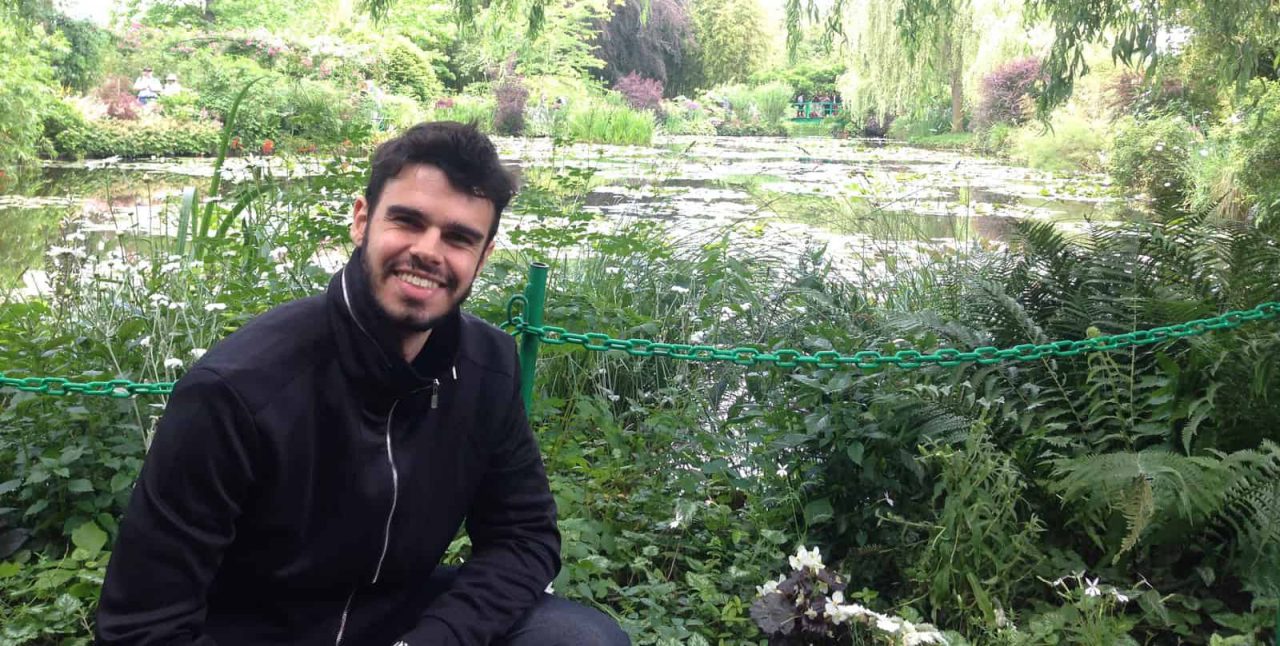
Rafael Morais
Rafael Morais is a recent participant in the IIASA-CAPES Doctorate Sandwich Program, he spent nine months at IIASA working in the Energy program.
In 2016, the Brazilian Federal Agency for Support and Evaluation of Graduate Education (CAPES) partnered with IIASA on a new initiative offering support to doctoral and postdoctoral researchers interested in collaborating with established IIASA researchers. As part of this initiative, IIASA and CAPES annually offer up to three fellowships for Brazilian PhD students to spend three to twelve months at IIASA as part of the joint IIASA-CAPES Doctorate Sandwich Program, as well as up to four postdoc fellowships that enable Brazilian researchers to work at IIASA for up to 24 months.
Rafael Morais, a PhD candidate at the Energy Planning Program of the Federal University of Rio de Janeiro, was part of the first group of Brazilian PhD students funded by CAPES to participate in this program. He spent nine months with the Energy Program at IIASA in 2017. We recently caught up with him and asked him about his research and what the fellowship has meant to him:
What is your PhD research about?
My research involves modeling the contribution of renewable energy sources in electric systems. My doctorate thesis includes a case study on Brazil, where we have large potential for wind and solar power generation in various regions. My main objective is to investigate how total costs develop considering the number of wind and solar plants in the Brazilian electricity system.
Why did you choose IIASA for your doctorate program (over other places)?
I chose IIASA because it is a very reputable think tank for energy and model development. People are very capable and well prepared. They have been working on energy systems modeling for many years, and their experience motivated my decision to come to IIASA. I talked with some people that were at IIASA before me and they were all very grateful for the experience. Another important factor was that it is an international institute, where one can have contact with people from many different countries, and the main language is English.

Rafael Morais
How did your participation in the program benefit you?
I had the opportunity to get into contact with diverse approaches to my research questions, thus enriching my thesis. Unlike my home institution, IIASA does not have only energy experts, but also computer scientists, mathematicians, and physics experts, all working in the same group, and all contributing to a great modeling team. Being here was an excellent opportunity to collaborate with them. As my first experience abroad, it was also a chance for me to grow and develop other skills, both on a professional and a personal level.
Would you recommend that people apply for the IIASA-CAPES doctorate program?
Yes, I would definitely recommend it! IIASA is a very nice place to work. People really care about a harmonious work environment, and IIASA staff are always available to help you with any issue. Apart from that, the people that I worked with during my time here are very knowledgeable and kind. In short, it was a great experience being at IIASA for nine months during my PhD.
Applications for the 2019 IIASA-CAPES Doctorate Sandwich Program and Postdoctoral Fellowship Program opened on 1 September 2018 and will run until 15 October 2018. Candidates have to apply to both CAPES (on the CAPES website) and IIASA. Successful applicants will be informed of the selection results by mid-December 2018. Selected candidates are expected to take up their position at IIASA between March and October 2019.
Note: This article gives the views of the author, and not the position of the Nexus blog, nor of the International Institute for Applied Systems Analysis.

You must be logged in to post a comment.